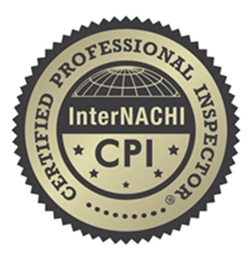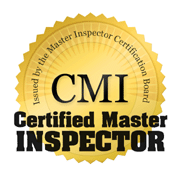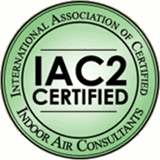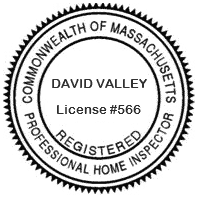Massachusetts Home Inspections YOUR INVESTMENT IS MY CONCERN

Water Heaters
Water heaters are appliances designed to heat or store heated water for residential, commercial, or industrial use. They're essential for providing hot water for bathing, cleaning, cooking, laundry, and other daily activities. Most people don’t think much about their water heater—until it stops working. But ensuring a consistent supply of hot water isn't as simple as turning on the faucet. Like any appliance, your water heater requires regular maintenance to perform efficiently and last longer.
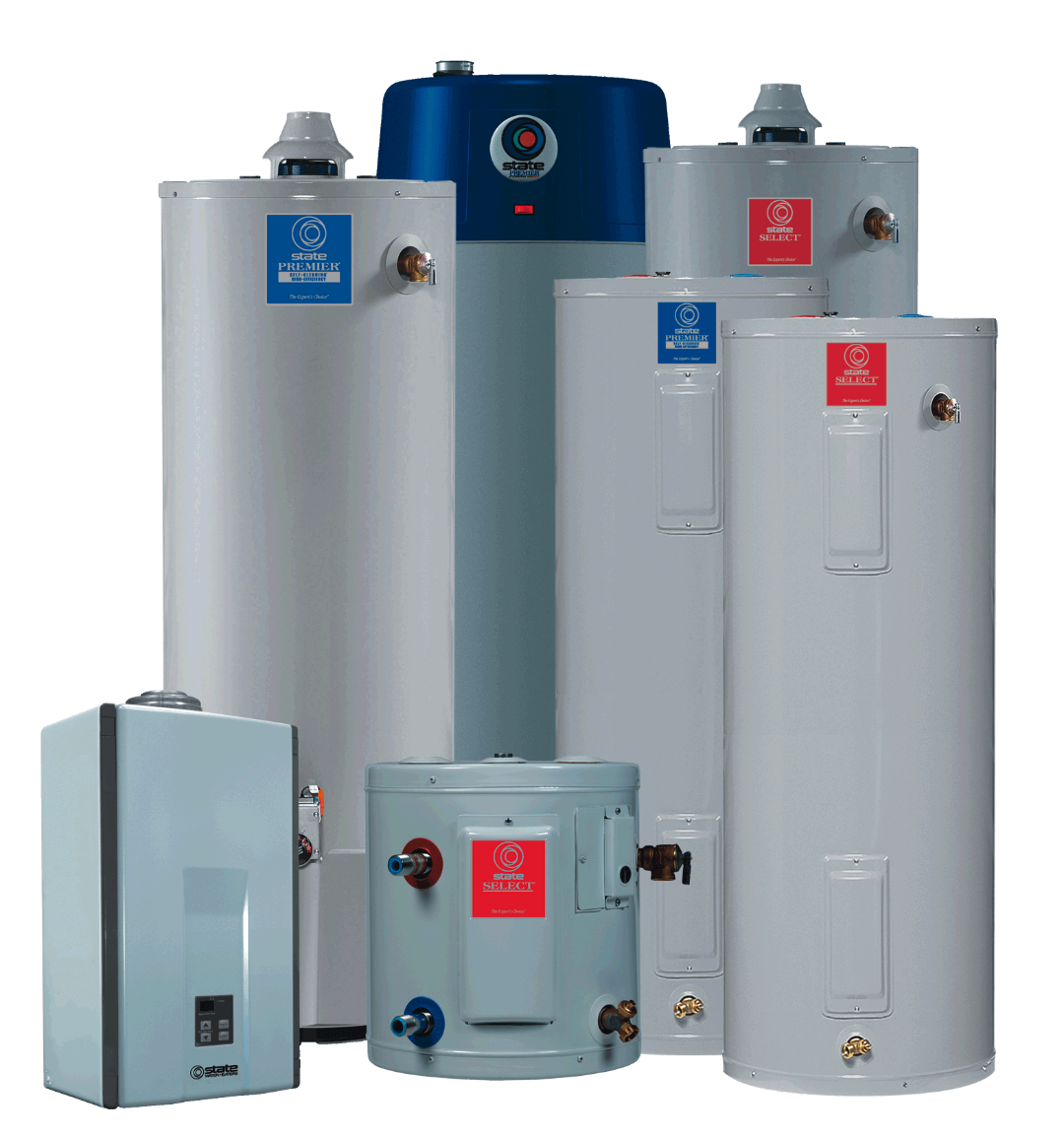
To keep your water heater in optimal condition, consider the following maintenance tips:
1. FLUSH THE TANK REGULARLY
Every six months—ideally when you change your clocks for daylight saving time—drain one to two gallons of water from the tank using the drain valve located near the bottom. If you live in an area with hard water, consider doing this monthly. This helps reduce sediment buildup, which can insulate the heating element and force it to work harder, ultimately shortening the life of the unit.
2. SCHEDULE PROFESSIONAL INSPECTIONS
Have your water heater inspected by a licensed plumber every two years. A professional inspection can help maintain efficiency, identify potential issues early, and prevent serious problems such as carbon monoxide leaks.
SAFETY REMINDER
Before performing any maintenance, always shut off power to the unit at the circuit breaker or service panel. Also, consult your owner’s manual, as some maintenance or repair work could void the manufacturer’s warranty if not done correctly.
REPLACING YOUR WATER HEATER
As a general rule, the least expensive water heater to purchase is often the most expensive to operate over time. With that in mind, it’s important to carefully consider several factors before selecting a new water heater for your home.
In this guide, I’ll walk you through the key points to consider when choosing a water heater—including selecting the appropriate size or capacity to meet your household’s needs efficiently and reliably.
Small to Medium Home with 1-2 people (1 bath, Clothes Washer)
You will need a 40 gallon electric or 30 gallon gas/propane/oil water heater or an on-demand tankless water heater.
Medium Home with 3 people (1.5 baths, Clothes Washer, Dishwasher)
You will need a 50 gallon electric or a 40 gallon gas/propane/oil water heater or an on-demand tankless water heater.
Medium/Large Home with 4 people (2 baths, Clothes Washer and Dishwasher)
You will need a 75 gallon electric or a 50 gallon gas/propane/oil water heater or an on-demand tankless water heater.
Large Home with 5 people (2+ baths, Heavy-duty Clothes Washer and Dishwasher)
You will need an 80 gallon electric or a 50 gallon (or more) gas/propane/oil water heater or an on-demand tankless water heater.
TYPES OF WATER HEATERS
STORAGE TYPE WATER HEATERS
These are the most common type of water heaters used in residential settings. They function by delivering hot water from the top of the tank whenever a hot water tap is turned on. As hot water is drawn, cold water enters at the bottom of the tank to be heated.
Storage tank water heaters are available in electric, gas, propane, and oil models. One drawback of this system is standby heat loss—energy wasted as the water in the tank is kept heated even when not in use. To minimize energy loss, look for models with at least 1.5 inches (3.8 cm) of foam insulation and check the Energy Guide label for efficiency ratings. Proper insulation plays a key role in reducing standby heat loss and improving overall energy efficiency.
TANKLESS WATER HEATERS (Also Known as “On-Demand” or “Instantaneous” Water Heaters)
Tankless water heaters offer a highly efficient alternative to traditional storage tank models by virtually eliminating standby heat loss. These systems can reduce energy consumption by 20–30%, depending on usage and household demand.
With a tankless system, hot water is produced on demand. Cold water flows through a heat exchanger, where it is heated instantly by either a gas burner or an electric element. This means you'll never run out of hot water—making them ideal for continuous use. However, the primary limitation of tankless water heaters is their flow rate, typically ranging from 2 to 5 gallons per minute. While this is generally sufficient for one fixture at a time (e.g., a shower or sink), it may be inadequate when multiple fixtures are in use simultaneously (e.g., a shower and washing machine).
To meet higher household demand, multiple units can be installed in parallel—a more costly setup but effective in ensuring sufficient hot water for larger families or homes with higher usage. Additionally, gas-fired models typically offer higher flow rates than their electric counterparts, making them better suited for larger households.
How to maintain a DEMAND TYPE water heater
CONDENSING WATER HEATERS
A condensing water heater is a high-efficiency appliance that improves on traditional water heaters by capturing and reusing heat that would typically be wasted. It works by burning fuel (usually natural gas or propane) to heat the water, and then directing the exhaust gases through a heat exchanger. As these gases cool, the water vapor in them condenses into liquid, releasing additional heat. This captured heat is then used to further warm the incoming cold water, resulting in higher efficiency and reduced energy consumption. Condensing water heaters can achieve efficiencies of 90% or higher, significantly outperforming traditional models.
One of the main advantages of condensing water heaters is their ability to lower operating costs by using less energy to heat water, which leads to lower utility bills over time. These units also produce fewer greenhouse gases, making them an environmentally friendly option. Additionally, they often have longer lifespans due to the reduced stress on the system, as the combustion process operates at lower temperatures. Available in both tank-type and tankless (on-demand) versions, condensing water heaters offer versatile options for those seeking to optimize energy efficiency in their homes or businesses.
HEAT PUMP WATER HEATERS
Heat pump water heaters operate by transferring heat from one location to another, rather than generating heat directly. They work much like a refrigerator in reverse—extracting heat from the surrounding air and using it to heat water. These systems can function as standalone units with integrated storage tanks or as add-ons to existing water heaters. While they typically have a higher upfront cost, they are highly energy-efficient and can lead to significant long-term savings.
For optimal performance, heat pump water heaters must be installed in areas where the ambient temperature remains above 40°F (4.4°C) year-round. They are most effective in warm spaces with excess heat, such as furnace rooms or mechanical areas. Installation in cooler environments is not recommended, as they will not function efficiently—or at all—in cold conditions.
TANKLESS COIL/INDIRECT TYPES (They operate off your home heating system.)
TANKLESS COIL - eliminates the need for a separate storage tank by heating water directly inside the boiler, which is part of a hydronic (hot water) heating system. When a hot water tap is turned on, water flows through a heat exchanger in the boiler, where it is heated on demand. This system works efficiently during the heating season when the boiler is regularly in use, as it can utilize the same energy source for both space heating and water heating. However, the system is less efficient during warmer months when the boiler is used less frequently. Since it relies on the boiler to heat the water, the tankless coil system may not operate as effectively when the heating system is idle, leading to higher energy consumption or delayed hot water delivery. This makes it a less ideal option for year-round hot water needs in climates with mild winters.
INDIRECT - Requires a separate storage tank and uses a heat exchanger to heat water, similar to a tankless coil system. However, the heated water is then stored in an insulated tank, which is often backed by a lifetime warranty. This system is more efficient than the tankless coil because the boiler does not need to operate as frequently. Since the water is stored and readily available, it reduces the need for constant heating. When used with a highly efficient boiler, an indirect water heater offers one of the most cost-effective methods for water heating. The combined efficiency of the boiler and storage system allows for significant energy savings, making it a great option for those seeking a reliable and efficient water heating solution.
SOLAR TYPE
A solar water heater relies heavily on sunlight to heat water and, if properly designed, installed, and maintained, can meet half to nearly all of a home's hot water needs. These systems are typically classified into three types: passive, active, and direct. While the initial installation costs are high, solar water heaters offer significantly lower operating costs over time.
Passive systems operate without pumps or controls, making them more reliable, durable, and low-maintenance compared to active systems. They are generally less expensive to operate and have a longer lifespan. In contrast, active systems require pumps and controls to move heat-transfer fluids from collectors to storage tanks. Both system types often require a conventional water heater as a backup. A direct solar water heating system circulates water directly through the collectors, but it is not suitable for climates with freezing temperatures.
CONVERTING YOUR WATER HEATER
Things that you should be aware of especially if you are:
- CONVERTING FROM ELECTRIC WATER HEATER TO GAS OR OIL - You may face the challenge of lacking a chimney. In this case, you can opt for a direct vent or power vented gas or oil water heater. These systems allow flue gases to be vented through the sidewall of the home, eliminating the need for a traditional chimney.
- CONVERTING FROM OIL WATER HEATER TO GAS - You may need to resize your existing chimney or vent and replace the liner to ensure proper draft and prevent condensation in the vent system. Alternatively, you could install a direct vent or power vented unit, which vents flue gases through the sidewall of the home, eliminating the need for a traditional chimney.
- REPLACING EXISTING GAS (OR PROPANE) WATER HEATER WITH A MORE EFFICIENT MODEL - Sidewall venting may be the most practical option. This is especially important due to the potential increase in condensation that can form in the venting system with the more efficient unit.
- CONVERTING FROM GAS OR OIL WATER HEATER TO ELECTRIC - Venting is not required. Electric water heaters are easy to install and can be placed in various locations throughout the home.
ADDITIONAL IMPORTANT NOTE
Most municipalities require permits and approvals before installing or replacing a water heater system. Be sure to consult your local code officials for specific requirements. If you are unsure or uncomfortable performing any of these tasks, it's always best to consult a licensed plumber.
Here is what my clients have to say about my home inspection services:
Press F5 (on your keyboard) for additional testimonials
Hi Dave,
I just wanted to write a quick thank you for your work inspecting 43 1/2 Bartholomew Street in Peabody yesterday. As a buyer in the process of trying to purchase my first home, it's been difficult to know who to trust. I honestly cannot believe some of the stuff I've run into, so I had to write & let you know that I found you professional, competent, & all around above par. In all of the people I've had to deal with up to this point, you were one of the few that actually took the time to explain things in a way that an inexperienced first time home buyer would understand. I never once felt rushed or talked down to.
Based on your inspection, I've decided not to purchase the home at 43 1/2 Bartholomew Street. I will however, continue to look & will hopefully find a house more suited to my needs in the near future. When that happens I will be calling on your expertise once again. In the meantime, I will certainly recommend you to any of my family & friends that may need a home inspection.
Thanks again,
Lisa G.


